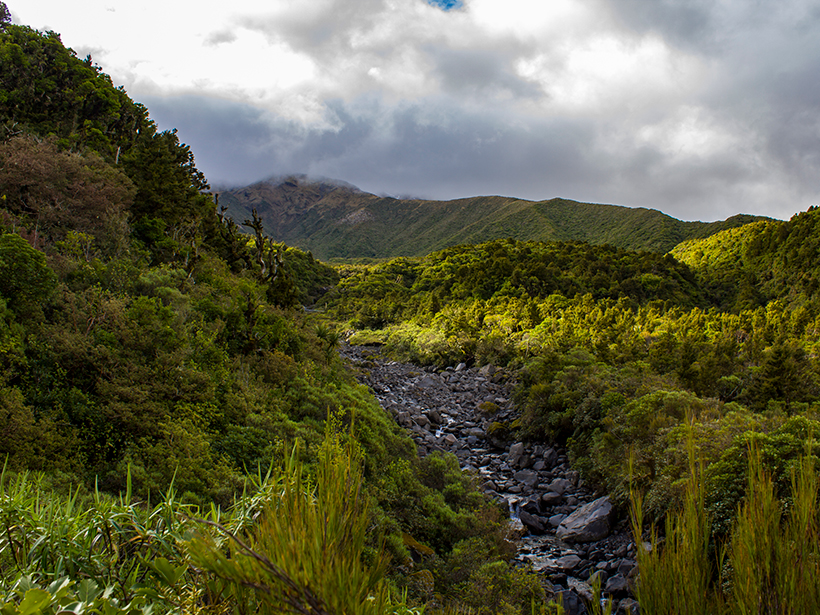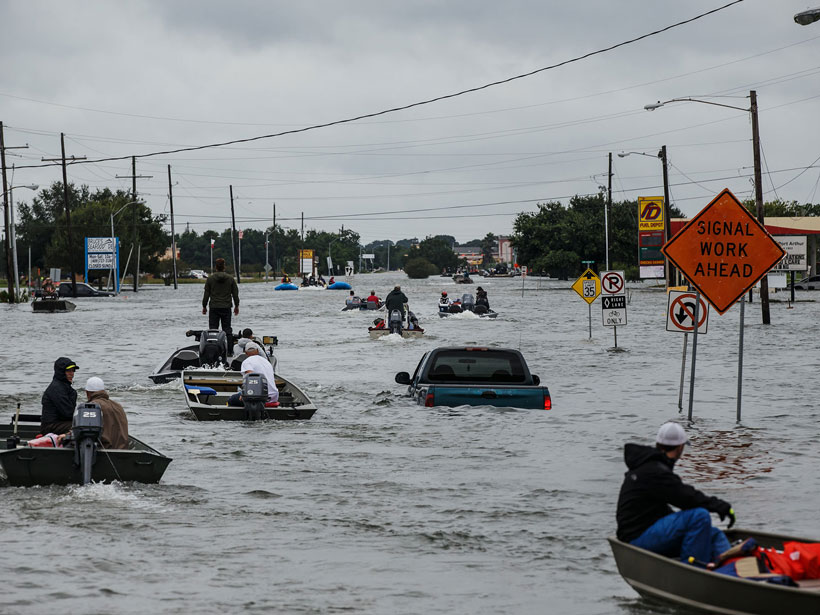NASA and its partner organizations are working on several fronts to remove barriers to entry into space mission leadership positions.
Opinion
Eight Lessons I Learned Leading a Scientific “Design Sprint”
Applying the fast-paced technique, pioneered by Google to spur rapid innovation, to space science yielded unexpected benefits and may be a model for collaborations across many scientific disciplines.
Addressing Arctic Challenges Requires a Synoptic Ocean Survey
A coordinated effort involving trailblazing science—and icebreaking ships—from many nations is needed to fill gaps in our understanding of the Arctic Ocean and how it’s changing.
Improving Reproducibility in Earth Science Research
Earth scientists need software technology that better integrates legacy data with current and future processing capabilities so they can assess and reproduce their colleagues’ results.
Does Our Vision of Diversity Include Social Conservatives?
Achieving our goals of advancing science and benefitting society depends on ideological diversity. Cultivating relationships and dialogue with ideological opponents creates compassion and progress.
Thoughtfully Using Artificial Intelligence in Earth Science
Deriving scientific insights from artificial intelligence methods requires adhering to best practices and moving beyond off-the-shelf approaches.
Dry Rivers Offer a Preview of Climate Change
As the climate warms, many rivers that are currently perennial may become intermittent.
Climate Science Needs Professional Statisticians
Climate science needs its own specialized “climostatisticians” as integral members of multidisciplinary research teams.
Ocean Observations for Everyone
As the ocean observation community expands its research enterprise, it needs to better engage the end users of its data.
The Scientist Who Connected It All
Approaching the 250th anniversary of Alexander von Humboldt’s birth, we look back at the life and legacy of “the most scientific man of his age.”










